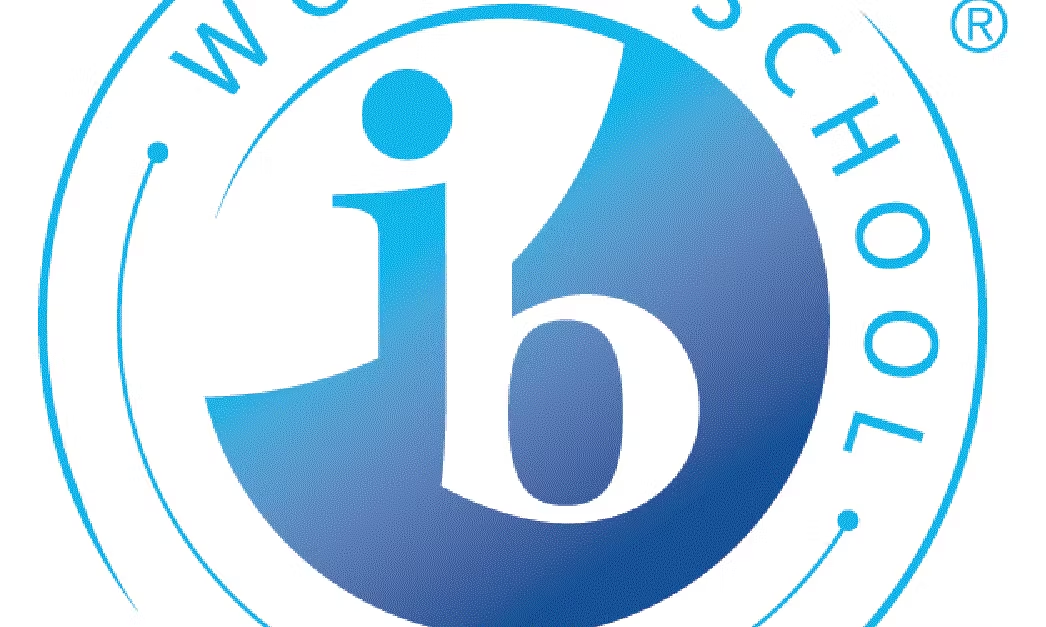To kick off our first ToK – on the 1. of September – day after our introduction to ToK before the summer holidays, we were introduced to concepts of knowledge of the knower. First, we learned that there are different types of knowledge: the ability to ride a bike for example is ability knowledge, while knowing facts like the height of mt. Everest is propositional knowledge. Additionally, we learned about personal knowledge and shared knowledge. Personal knowledge is the knowledge only you have while shared knowledge is the knowledge we have as a whole.
Then we were introduced how ToK works: On each ToK day one area of knowledge is explored and then compared with other areas. This comparison follows three main questions: How do we acquire this knowledge? How do we organise it? For which purpose is this knowledge?
After the break we explored another facet of ToK: Ethics. We were presented with the real story of two conjoined twins, Jodie and Mary. Jodie had a working heart and lungs, but Maries had stopped working after her birth. The Jodie was acting as a life support for Mary but wasn’t expected to withstand the strain on her organs for long. We were now presented with the dilemma: Separate the two and save Jodie but kill the Mary? Or let nature play its course and let both die. The ToK analysis of this kind of dilemma requires one to decide which facts and knowledge are relevant, consider the origin of this knowledge and ask yourself why the knowledge you chose is relevant in this situation. By going through these processes, you create a “map”, which is the choice you will make. We then learned how the real story played out: After a long legal and ethical discussion, the choice was made to separate the two twins. The Jodie survived and still lives today.
Before lunch break we were shown the twelve concepts of ToK: Evidence, Certainty, Truth, Interpretation, Power, Justification, Explanation, Objectivity, Perspective, Culture, Values and Responsibility. We did this by playing “who am I?”
After the lunch break a few students presented their summer read. Then, we looked at reason and ways of reasoning. We talked about different ways of reasoning, from Deductive reasoning to Hypothetical reasoning. My favourite part of the afternoon was when we were transported into the role of astronauts walking to a meeting point on the moon. We were given a list with items and had to rank which ones would have the most priority.
All in all, this was a very interesting ToK day. It gave a strong foundation for the whole of ToK and we are looking forward to dive into new areas of knowledge.
Adamo and Ignacio, 5i
